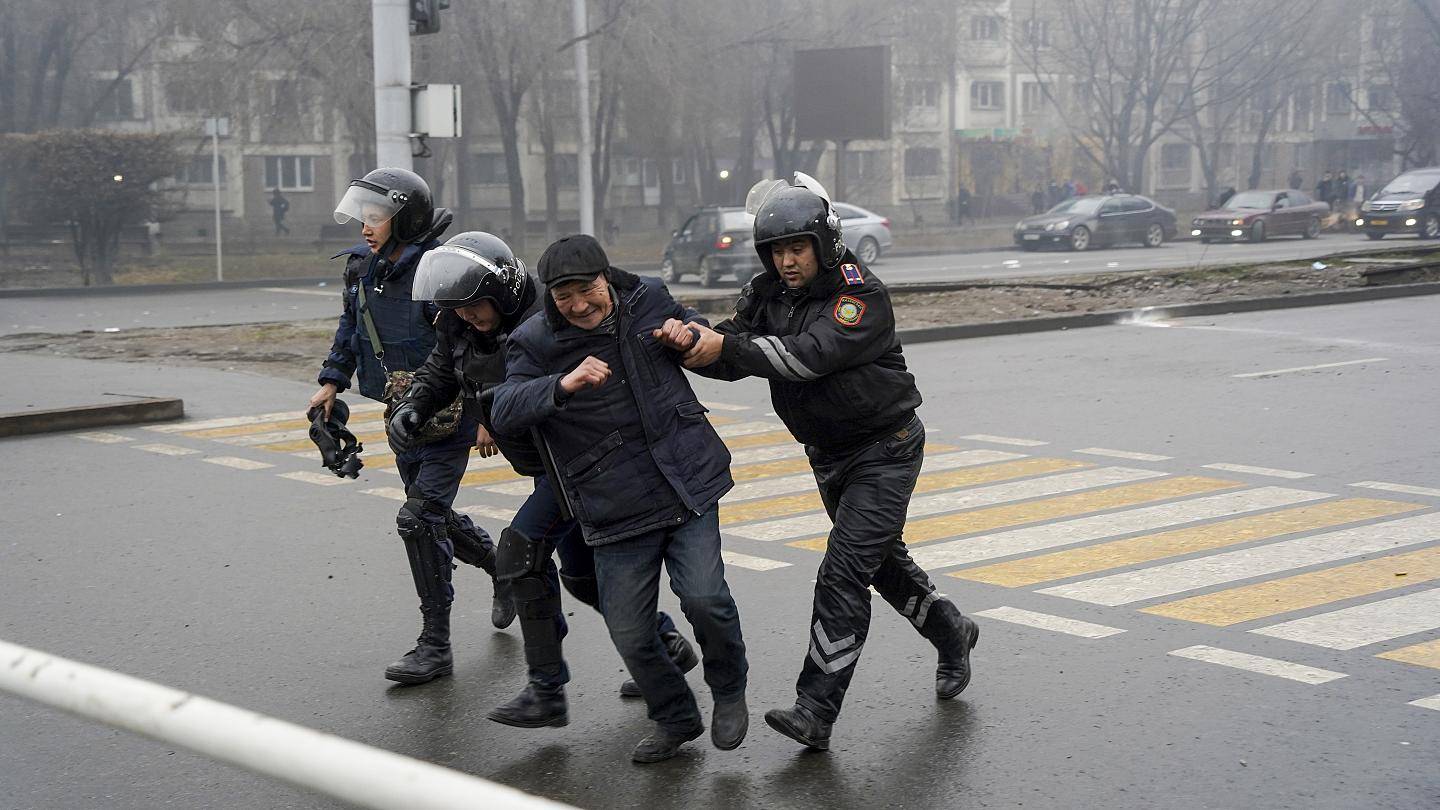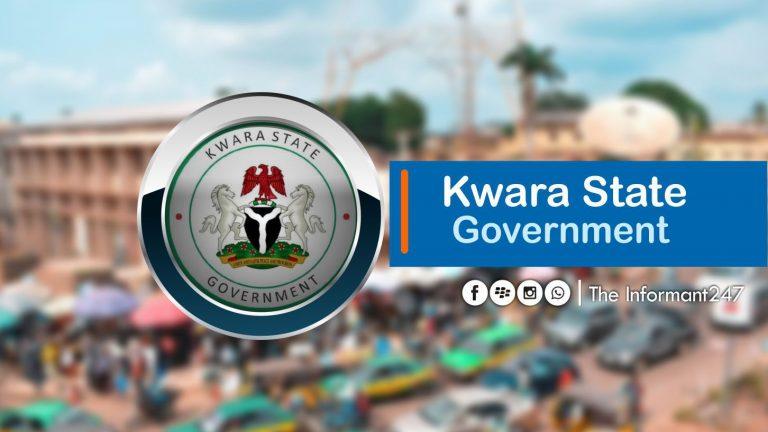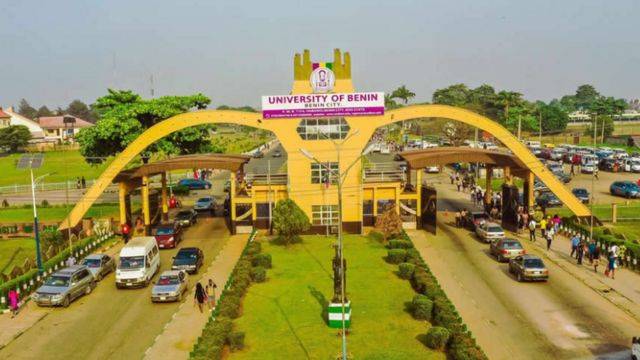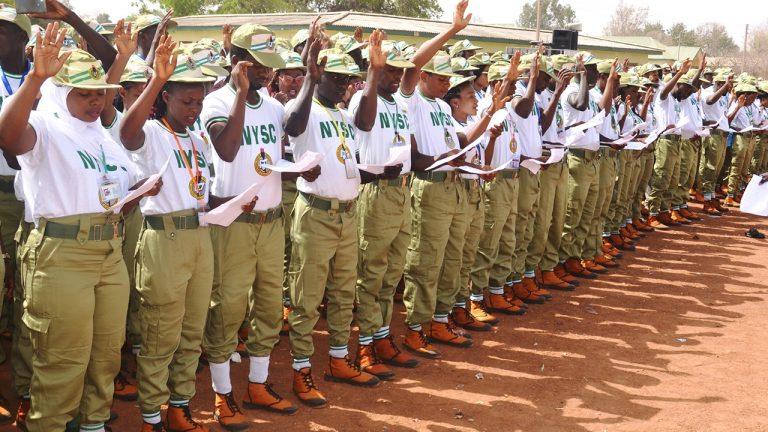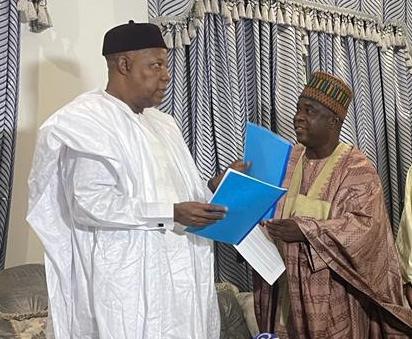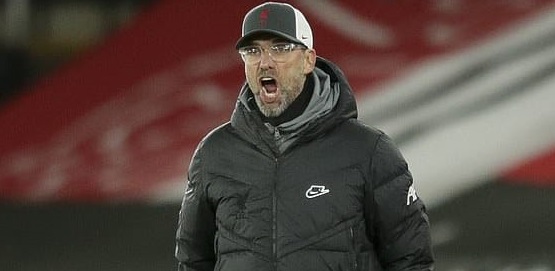Series 1 | Kazakhstan presidential order of shooting without warning: The right approach?
By Daramola Luke
THIRTY years since the collapse of the Soviet Union, its towering influence over its former allies is still greatly felt in bounds. The widespread discontent over the increase of oil prices in the economically buoyant Central Asian country of Kazakhstan is gradually edging to the extreme.
The geopolitical construct of the Central Asian state of Kazakhstan is a very sensitive one. Flanked by two permanent members of the UN Security Council and occupying a trans-continental position, Kazakhstan is a focal point in world politics. Landlocked, its terrain remains inaccessible to the coast, a feature that propels and fuels political instability.
Public demonstrations against the increment of fuel prices erupted from the oil-rich town of Zhanaozen at the inception of the year. The widespread discontent snowballed to other parts of the country, including Almaty, the largest city and former centre of government of Kazakhstan.
An overview of the ongoing public demonstrations rocking the state categorically suggests that the incumbent state leader, Kassym-Jomart Tokayev employed an ill-defined approach towards ensuring internal peace and security. The in-house political decisions of the Tokayev-led Kazakh government are highly dictated by the erstwhile and first Kazakh leader, Nur-Sultan Nazarbayev who came on board following the dissolution of the Soviet Union in 1991.
An ally of the Kremlin during his stint from 1991 until his resignation in 2019, Nazarbayev continues to hold a strong position in government.
A shift in the seat of governance from Almaty to Astana in 1997 was fostered by the Kazakh strongman, Nur-Sultan Nazarbayev. The erstwhile state leader of Kazakhstan is inextricably linked with the incumbent leadership.
Renaming the capital from Astana to Nur-Sultan on 23 March 2019 in his honour strengthens his position as an indomitable figure of state affairs and overlord to Tokayev.
Tokayev’s hands will always remain tied and his political disposition indecisive. Labeling the protesters as “terrorist gangs” by Tokayev and his order to security operatives to “shoot to kill without warning” is a highly repressive approach.
The invitation of the Collective Security Treaty Organisation (CSTO), a military alliance of six former Soviet republics, largely manned by Russian troops, to quell the so-called “terrorist gangs which have been trained abroad” only undermines the territorial integrity and sovereign status of Kazakhstan.
Tokayev, the Kazakh leader is a puppet to two systems. His allegiance to external pressure emanating from Kremlin downplays his leadership autonomy and solidifies his unfettered loyalty to Vladimir Putin’s led Russia.
Kremlin, no doubt, has a huge influence on the geopolitics of Eastern Europe and Central Asia. The perceived Russian influence in the Belarus-Poland border crisis of 2021 and the heavy military presence of Russian troops on the Ukrainian borders are pointers to the commanding influence of the Putin-led Russian government.
Kazakhstan is well to do economically. It remains the largest and strong performing economy in Central Asia. Funding its military budget should not be herculean. The government should look inwardly to set up the right security apparatus to approach the crisis in a civil manner. Thousands of Kazakhs should not be subjected to brute force.
In recent times, the country’s ranking in human rights index is below par and its government labeled authoritarian. Tokayev offensive approach will only dent the image of the country among the comity of nations.

